Retro Replay Review
Gameplay
Psychosis delivers a tight, side-scrolling shooter experience that keeps your reflexes on edge from start to finish. You pilot your ship through five distinct “causes,” each representing a different region of the mind under siege by the Devil Ugar. Enemy patterns grow increasingly complex as you progress, demanding both quick reactions and strategic positioning. Every encounter feels purposeful, whether you’re weaving through dense bullet patterns or taking a brief respite to collect power-ups.
(HEY YOU!! We hope you enjoy! We try not to run ads. So basically, this is a very expensive hobby running this site. Please consider joining us for updates, forums, and more. Network w/ us to make some cash or friends while retro gaming, and you can win some free retro games for posting. Okay, carry on 👍)
The power-up system in Psychosis is one of its strongest pillars. Floating mechanical eye-balls—your dual options—can be rotated independently to cover blind spots or form a deadly offensive spread. Upgrading your main weapon and shield by gathering drop items injects a compelling risk/reward loop: do you push further into enemy territory for better upgrades, or play it safe and preserve your remaining lives? This dynamic keeps each run engaging and encourages skillful play.
Boss battles punctuate each stage with memorable flair. From grotesque mind-corrupting monstrosities to warped representations of tetris blocks come alive, these showdowns test everything you’ve learned. Attack patterns shift mid-fight, and many bosses require you to alternate between offense and defense on the fly, making for some truly exhilarating moments. Psychosis strikes a fine balance between challenge and fairness, rewarding patience and pattern memorization.
Graphics
Visually, Psychosis embraces the surreal concept of a mind under assault. Each level sports its own color palette and design motif: cerulean skies peppered with floating neurons, lush aquamarine vegetation that undulates, and rigid blocky corridors reminiscent of a Tetris puzzle. This variety prevents visual fatigue and reinforces the notion that you’re journeying through the unconscious.
The sprite work is crisp and carries enough detail to distinguish friend from foe at a glance. Enemy designs range from insectoid fiends to abstract shapes, all animated smoothly at a consistent frame rate. Projectile and explosion effects feel weighty, with subtle screen shake and flicker underscoring the impact of heavy blows.
Though Psychosis doesn’t push modern hardware to its limits, it shines by committing fully to its artistic vision. Background layers scroll at varied speeds to create depth, and occasional palette shifts heighten dramatic moments. In a genre where flash and spectacle can sometimes overshadow gameplay, Psychosis marries both elements in service of a cohesive aesthetic.
Story
At its core, Psychosis offers a simple yet evocative premise: your brain is under siege by the Devil Ugar, and the only way to reclaim your sanity is through aerial combat within your own mind. While exposition is minimal, it’s delivered through evocative level themes and boss designs that feel like manifestations of inner turmoil. You never need lengthy cutscenes to grasp the stakes—each stage’s atmosphere speaks volumes about the psychological conflict at hand.
The narrative unfolds primarily through setting and progression rather than dialogue. As you blast through increasingly nightmarish landscapes, you get a palpable sense of descent into madness. The transformation of environments—from serene sky realms to oppressive, blocky labyrinths—mirrors your struggle to maintain control. It’s a storytelling technique that leans heavily on visual metaphor, and it works wonders here.
Confronting the final boss, the Devil Ugar himself, serves as both a climax and release. The epic duel represents the ultimate showdown between self and corruption. Though the game never offers moralizing text or cutscenes, its conclusion feels earned, leaving you with a satisfying sense of triumph over your own demons.
Overall Experience
Psychosis manages to feel both classic and fresh. Its side-scrolling shooter mechanics will resonate with genre veterans, while the inventive level designs and power-up system offer enough novelty to captivate newcomers. The learning curve is approachable but offers layers of depth for those willing to master every facet of the combat.
The game’s pacing strikes a nice balance between short bursts of intense action and moments to collect upgrades and prepare for the next challenge. Each session leaves you eager to push one stage further or shave a few seconds off your previous best. Replay value is high, thanks to hidden power-up spots and optional scoring objectives that reward exploration and risk-taking.
In the crowded field of shmups, Psychosis stands out through its unified art direction, compelling premise, and rock-solid gameplay loop. It may not reinvent the genre, but it refines all the elements that make side-scrolling shooters so addictive. For players seeking a mentally invigorating challenge, this voyage through the mind’s darkest corners is not to be missed.
 Retro Replay Retro Replay gaming reviews, news, emulation, geek stuff and more!
Retro Replay Retro Replay gaming reviews, news, emulation, geek stuff and more!
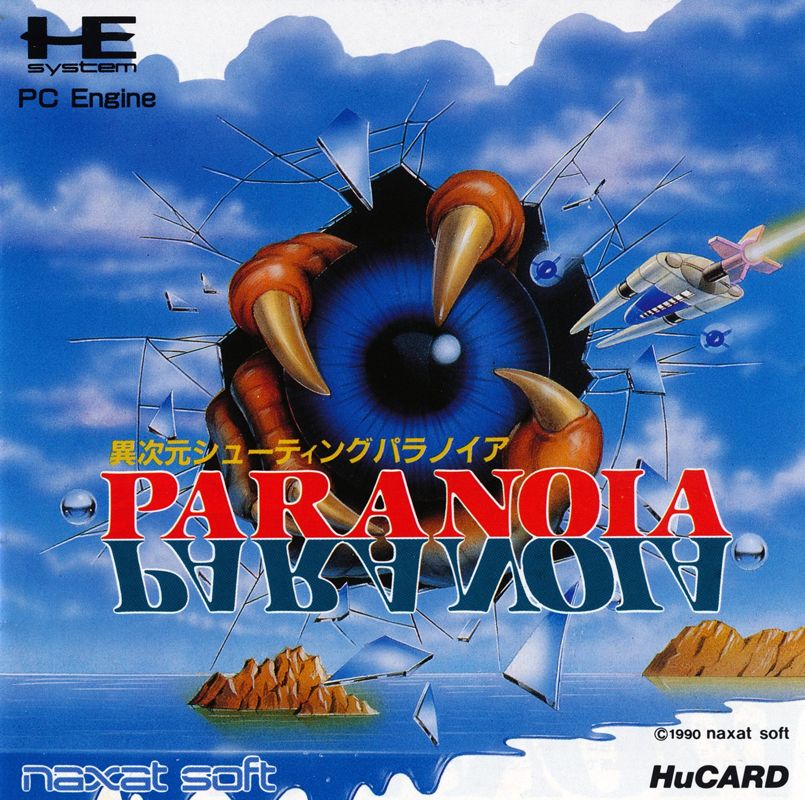
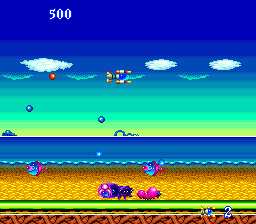
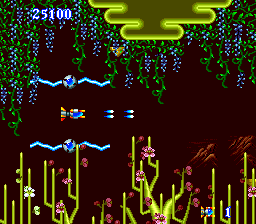
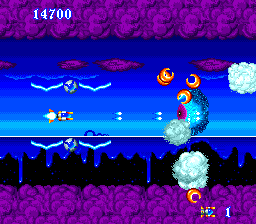
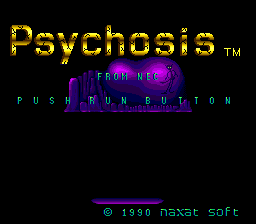
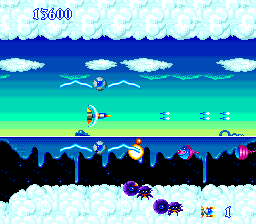


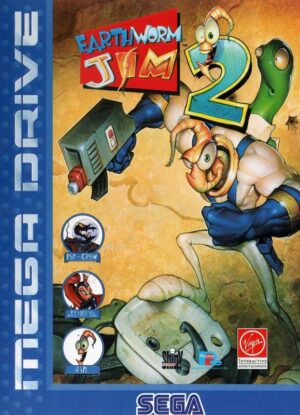
Reviews
There are no reviews yet.